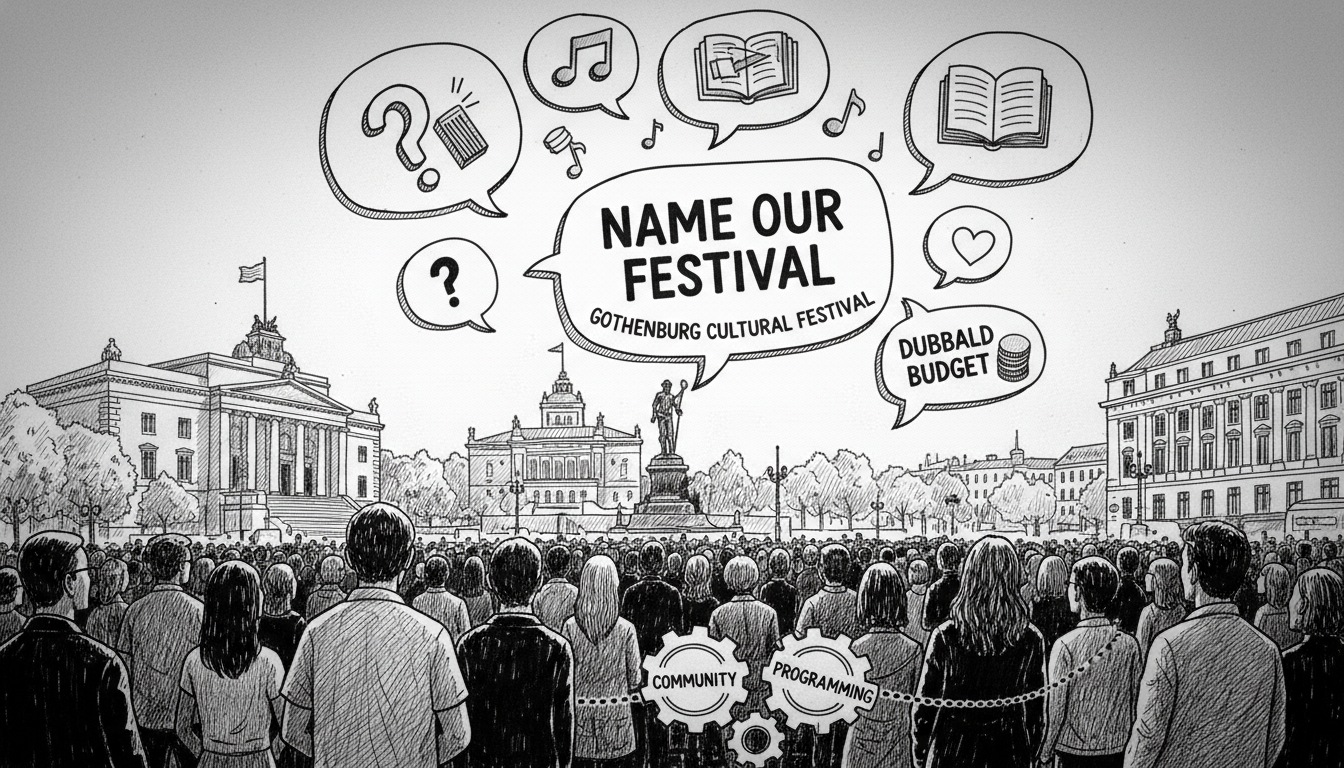Gothenburg's major cultural festival launches a public naming initiative to redefine its civic role. The organization seeks a new identity that better reflects its mission as a broad public celebration for all residents. Project manager Anna Mjörnvik explained the strategic shift in a statement to local media.
'Our primary mission is not to function as a cultural festival but as an inclusive public celebration,' Mjörnvik stated. 'We need a name that clearly communicates this purpose and helps attract broader participation.' The festival acknowledges its current brand recognition while addressing perception challenges among certain demographics.
The naming submission period opens in late November and continues through early December. Unlike crowd-sourced naming contests, the final decision rests with festival organizers who will evaluate suggestions based on comprehensive criteria. They seek names that work across multiple contexts and possess long-term viability.
This rebranding continues the event's evolutionary journey from its previous incarnation as Gothenburg Celebration between 1991 and 2005. The festival adopted its current name in 2007 and has since become a staple of Gothenburg's summer calendar. The timing coincides with substantial municipal funding increases that will dramatically expand the event's scope.
The city's coalition government approved an extraordinary budget supplement of 13 million kronor, more than doubling the festival's regular 9 million kronor allocation. This financial boost enables organizers to significantly enhance the festival experience while maintaining core programming elements. The additional funding reflects municipal priorities regarding cultural investment and public engagement.
'We're extremely pleased about this supplementary funding,' Mjörnvik noted. 'It provides opportunity to elevate the public celebration further.' The expanded budget signals political confidence in the festival's ability to deliver substantial civic value through cultural programming.
Despite the name change and budget increase, the festival's fundamental character remains consistent. Programming will continue featuring the diverse experiences that define urban festivals: food, music, dance, art, and circus performances. These elements collectively create the shared experiences that bind Gothenburg residents during city-wide celebrations.
The naming initiative represents strategic municipal planning rather than radical transformation. Public consultation processes like this demonstrate how Swedish cultural institutions balance brand evolution with community engagement. The approach reflects broader trends in Nordic cultural policy where public participation increasingly shapes institutional development.

